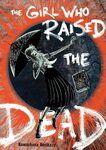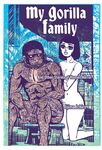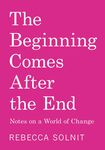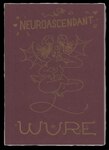
Yoshiharu Tsuge’s The Man Without Talent is simultaneously an elegy and a critique of a way of being, but most of all it is an immersive experience not to be forgotten. As in much of his work, Tsuge allows his own experiences to inform the tales he created for The Man Without Talent, and doing so clearly served to amplify the degree of verisimilitude and lifelikeness of the people, places and episodes depicted (and seeimngly, but perhaps ironically, simultaneously provides a commentary on the creator's sense of self worth).
Tsuge dolefully, yet expertly, conjures up a vivid world of misfits and oddballs living on the edge of society in this story-cycle of six linked episodes in the life of the titular protagonist – and Tsuge alter-ego – Sukezo, whose life is haunted by failure and lived on the edge, continually at risk of tumbling over into the abyss. A life of quiet desperation, indeed. Time and again he is pulled back from a figurative, symbolic, or literal fall by the presence of his young son appearing over the horizon, calling out, "Daddy, it’s time to come home."
Ryan Holmberg has done another excellent job of translation, working to find appropriate idioms that can effectively cross both culture and time, and has provided a typically erudite 20 page afterword that works to put everything in context, allowing for a fuller appreciation of this masterwork.





















